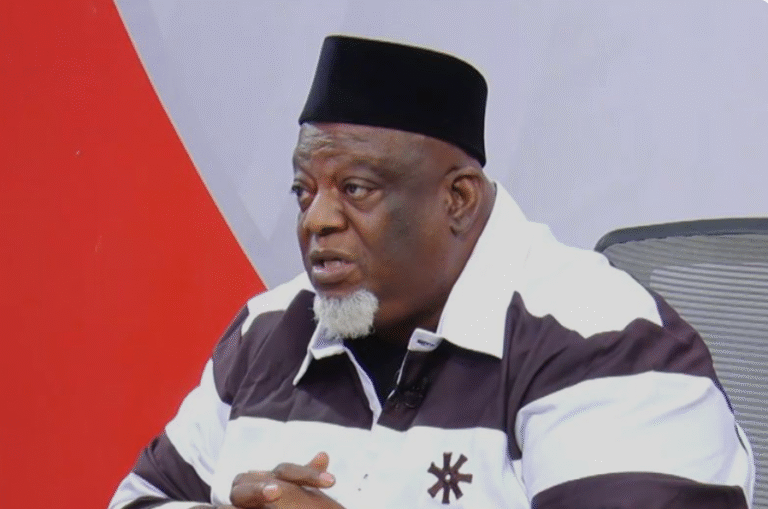Chief Executive Officer of Dalex Finance, Joe Jackson, has cautioned the government against loosening fiscal discipline despite signs of economic recovery.
Speaking on the Citi Breakfast Show on Monday, October 13, Mr. Jackson described Ghana’s economy as one that has been “brought out of intensive care” but is “not out of the woods yet”, calling for patience amongst Ghanaians.
“This economy, for lack of a better word, was in a coma; it was in intensive care. It has been brought out of the ward. It’s looking much healthier; we’re recovering. But, we’re not out of the woods yet.
He stressed, “When you are so broke, you are in danger of getting us jailed. And then all of a sudden, things start to pick up, then people want you to start spending again. That can’t be right. We have not consolidated the gains we made yet.”
Mr. Jackson warned that rushing to increase spending could reverse recent progress, stressing that “fiscal prudence means not spending and acting hard, even when the public complains.”
“In this instance, fiscal prudence means not spending and acting hard, not spending and having the public lash out at you. Not spending and having everybody complaining,” he stated.
He commended the Finance Minister, Dr Ato Forson, for maintaining spending discipline under intense public pressure.
“I have to agree with the Finance Minister that instead of being hard on him, we should appreciate the pressures he’s under and appreciate the fact that he’s able to stand up against those pressures and still not spend.
“The dangers are clear; inflation could rear its head again. Guys, chill out. Guys, have some patience. Guys, we’re not out of the woods yet,” he advised.
His comments follow the Bank of Ghana’s September 2025 Monetary Policy Report, which revealed that total government expenditure for the first seven months of the year stood at GH¢131.1 billion, or 9.4% of GDP, compared to a target of GH¢152.6 billion (10.9% of GDP).
The figure represents a 14.1% shortfall relative to target but a 9.3% increase year-on-year. All major spending categories remained below target except for compensation of employees. Interest payments dropped to GH¢28.9 billion, about 19.5% below the GH¢36 billion target, largely due to declining domestic interest rates and a stronger cedi.
Source:Lovinghananews.com


